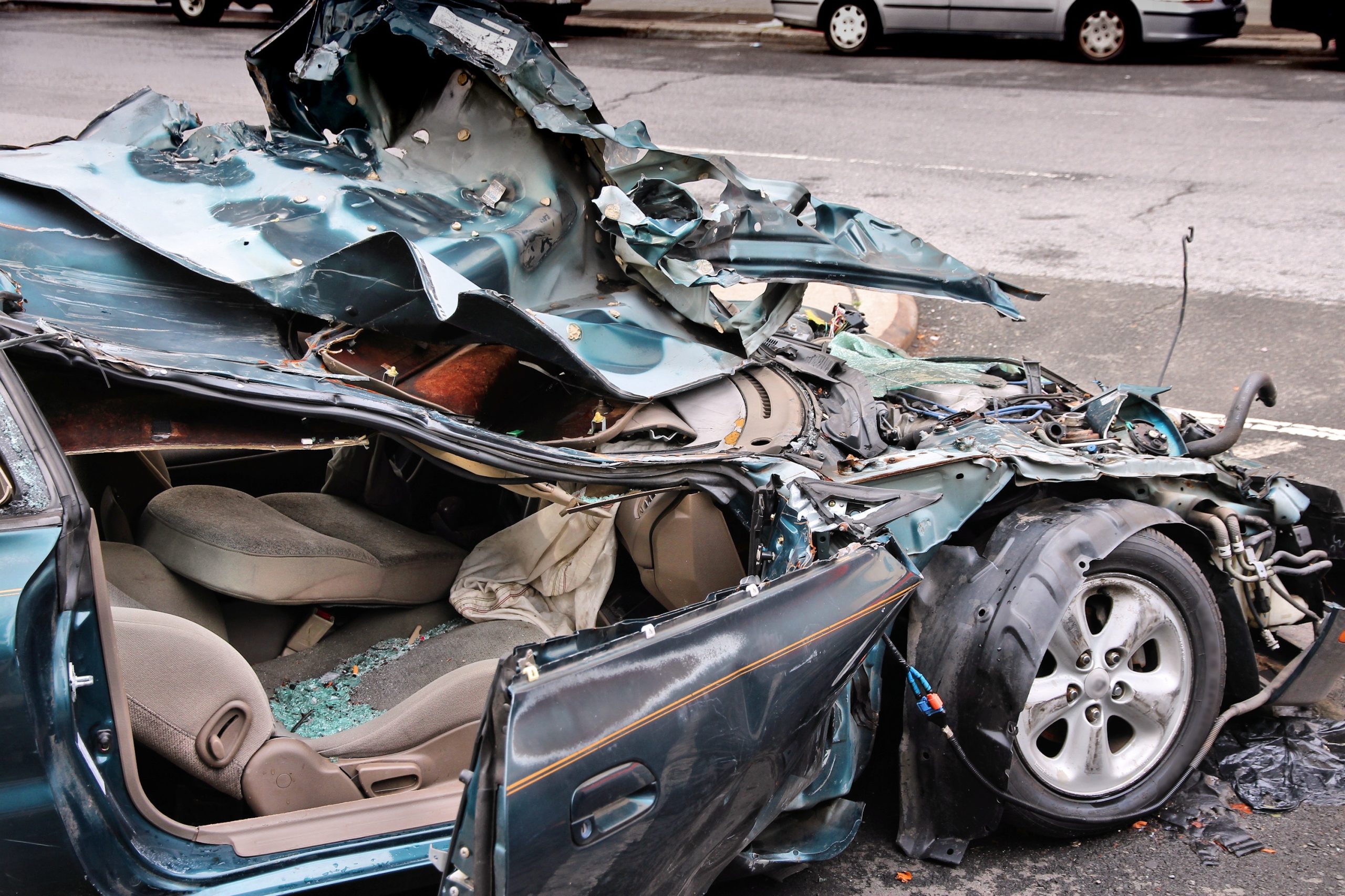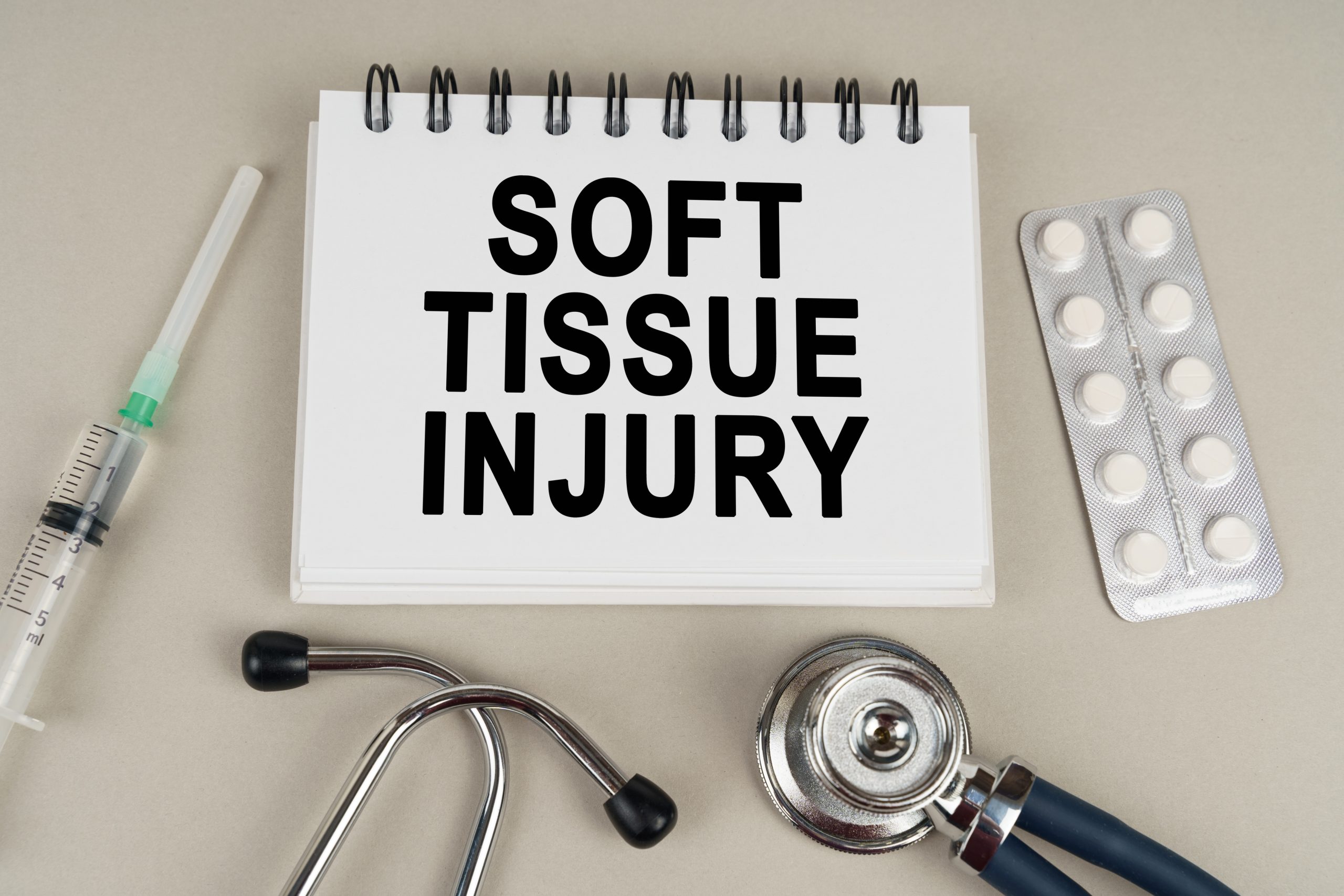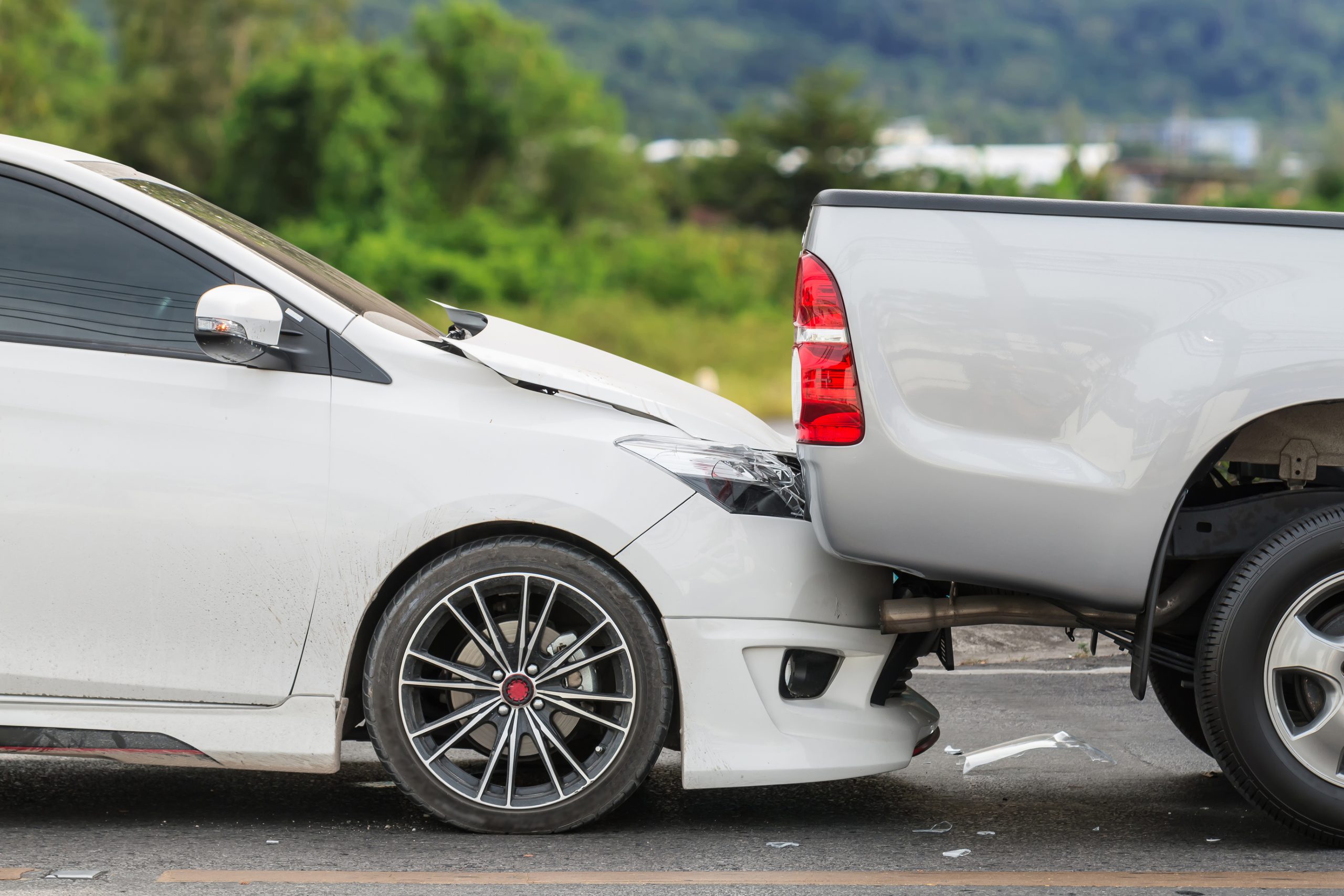Every car accident victim has legal rights, but the situation becomes significantly more nuanced with the involvement of pregnant women. As a victim, you are eligible for damages for any harm another party inflicts upon you and your unborn child. You can seek legal recourse if someone else’s negligence or unlawful action caused the accident. Settlement values in cases involving pregnant women in car accidents can vary significantly. To establish those values, the following will need to be investigated: the woman’s physical injuries, the woman’s emotional injuries, and the harm to the baby. These cases are different from a standard car crash because: a pregnant woman can suffer unique harm in a car accident, the unborn child can suffer injuries as well, and some injuries to unborn babies do not show symptoms until later in life.
Pregnancy Complications Due to Car Accidents
Can a car accident cause a miscarriage? Here is the necessary information you need to know about possible pregnancy and car accident complications:
- Contrecoup injury: This kind of injury happens when your body is forced in one direction before being jerked in another direction. This sudden movement, which often occurs when you need to brake to avoid a collision, can impact a fetus similarly to shaken baby syndrome. The fetus can suffer birth defects and developmental delays because of this injury.
- Placental abruption: This condition happens when the placenta is prematurely separated from the uterine wall. Potential complications for the baby when placental abruption occurs include low birth weight, premature birth, and poor physical development. The pregnant woman can also suffer severe blood loss and need a blood transfusion.
- Miscarriage: Miscarriage can sometimes happen during or after a car accident. Miscarriage is the accidental loss of a fetus before the 20th week of pregnancy. If the fetus loss occurs after 20 weeks of pregnancy, it is considered a stillbirth.
- Premature birth: Premature birth can also sometimes happen after a car accident. Babies born before the 37th week of pregnancy are seen as premature. Those born before the six-month mark are more likely to be born with severe medical issues, including the inability to eat, stay warm, or even breathe on their own. Some babies born prematurely can develop cerebral palsy, cognitive impairments, or other long-term disabilities.
Even if none of these tragic complications happen, you might need to be treated by a doctor who specializes in high-risk pregnancies. These specialists, also known as perinatologists or maternal-fetal specialists, offer necessary treatment that can exceed the costs associated with a normal pregnancy.
Liability in Car Accidents Involving Pregnant Women
In personal injury law, establishing liability is critical for obtaining a positive outcome on a claim. This fact remains true in car accidents involving pregnant women. When another party’s negligence or reckless behavior causes an accident, they are often responsible for any harm or damage you incur. Typical scenarios where another party could be liable in a car accident involving a pregnant woman include drunk or distracted driving, speeding, failure to comply with traffic rules, and defects in the vehicle or road design. In these situations, the other party could be financially responsible for injuries and damages the pregnant victim sustained. Establishing liability in these cases involves proving that the third party was at fault, their behavior directly caused the accident, and the pregnant woman and her unborn child suffered harm. Car accident evidence such as police reports, witness statements, and medical reports can establish causation.
Compensation for Car Accidents During Pregnancy
Pregnant women in car accidents face unique physical trauma and mental stress, which are factors in compensation claims. Victims can seek compensation for various economic and non-economic damages. These include medical expenses for the mother and unborn child, loss of income if the mother can no longer work due to injuries, and compensation for physical pain and suffering, emotional distress, and loss of enjoyment of life. Parents can seek compensation for their loss in severe cases where the unborn child does not survive.
Damages for a Pregnant Woman in a Car Accident
Because a pregnant woman can experience different and more severe injuries in a car accident than someone who is not expecting, the damages in these cases can vary from those of a typical plaintiff. For example:
- Hospitalization: doctors often admit a pregnant woman to the hospital for observation and monitoring after a car accident. Sometimes the person will be in-patient for only a day or two, but she might need to stay in the hospital for much longer, possibly even until she gives birth.
- Repeat hospitalizations: after being in a car crash, the pregnant woman might have ongoing complications with the pregnancy, landing her in the hospital several times.
- Monitoring equipment: the patient might need to rent monitoring equipment for her doctor to be able to assess her condition and the status of the fetus remotely. The expenses can include the rental of the equipment and monthly fees for monitoring services.
- Multiple emergency room visits: after being in a car accident, the pregnant woman’s doctor will likely instruct her to go straight to the emergency room if she experiences any symptoms like bleeding, fluid loss, pain, or decreased fetal movement.
- Loss of income: while the patient is receiving medical treatment and evaluations, is hospitalized, or is at home on bed rest following a collision, she can miss time from work. Her lost wages may be significantly higher than expected due to extended time out of work because of the added care necessary for the pregnancy.
- Help in the home: if the doctor puts the pregnant woman on bed rest or restricts her activities after a collision, she might incur extra costs to pay someone to provide childcare and other assistance in the home. These services can be included if they are necessary because of the injuries from the crash.
- Additional damages: a pregnant woman might also be eligible for damages related to obstetric issues, non-obstetric injuries, diminished earning capacity, pain and suffering, disfigurement, and post-traumatic stress disorder (PTSD).



